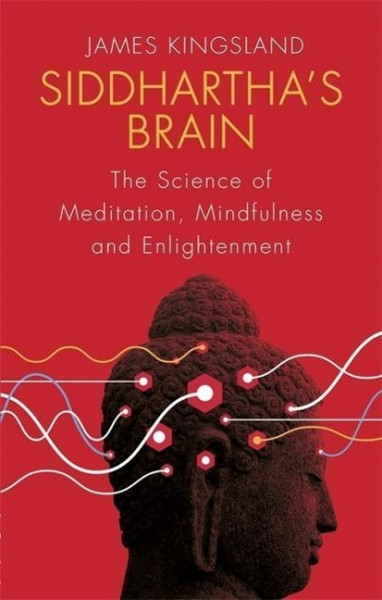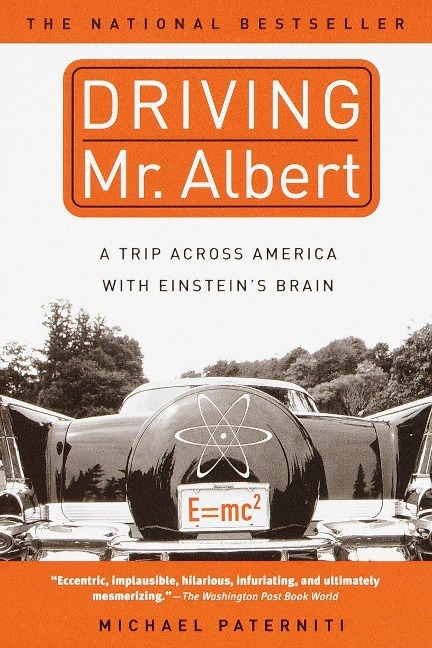
Siddhartha's Brain
Kurzinformation
inkl. MwSt. Versandinformationen
Artikel zZt. nicht lieferbar
Artikel zZt. nicht lieferbar

Beschreibung
Can meditation and mindfulness exercise make us sharper, smarter, healthier, happier?In Siddhartha's Brain, James Kingsland reveals that a complete scientific theory of how these practices work is now within our grasp and may be the key to treating a wide range of afflictions of the human mind. Some twenty-five centuries ago, an Indian sage called Siddhartha Gautama - the man who would become known as the Buddha - developed a programme for improving mental well-being which has been passed down to us by generations of monks and nuns. Today, secular mindfulness courses are proving their worth for tackling many of the problems associated with the demands of our frenetic, technology-driven modern world.Research has shown that mindfulness can be used to treat stress, anxiety, depression, chronic pain, hypertension and drug addiction, as well as improving concentration, empathy, emotion regulation and the quality of interpersonal relationships. There have even been hints that it could enhance immune function, slow cellular ageing and help keep dementia at bay.Taking us on a journey back to the time of the Buddha to track changes in his brain as he travels the path leading to enlightenment, Siddhartha's Brain explains how meditation and mindfulness transform the human mind. von Kingsland, James
Produktdetails

So garantieren wir Dir zu jeder Zeit Premiumqualität.
Über den Autor
JAMES KINGSLAND is a science and medical journalist with twenty-five years' experience working for publications including New Scientist, Nature and most recently the Guardian, where he was a commissioning editor and contributor for its Notes & Theories blog. On his own blog, Plastic Brain, he writes about neuroscience and Buddhist psychology.

- paperback
- 58 Seiten
- Erschienen 2013
- lulu.com

- Hardcover
- 299 Seiten
- Erschienen 2006
- Thieme

- paperback
- 192 Seiten
- Erschienen 2007
- Alianza Editorial

- Kartoniert
- 385 Seiten
- Erschienen 2012
- Macmillan Us

- Kartoniert
- 335 Seiten
- Erschienen 2011
- Innenwelt Verlag GmbH

- paperback
- 176 Seiten
- Erschienen 2020
- Wisdom Publications

- Gebunden
- 576 Seiten
- Erschienen 2008
- Arkana

- paperback
- 220 Seiten
- Erschienen 2001
- Armenia

- Hardcover
- 328 Seiten
- Erschienen 2004
- Cambridge University Press

- paperback
- 202 Seiten
- Erschienen 2014
- United Nations Educational

- Taschenbuch
- 224 Seiten
- Erschienen 2001
- Dial Press Trade Paperback

- Hardcover
- 368 Seiten
- Erschienen 2012
- MIT Press




 bestellen
bestellen


























